Ethical tips for responsible and sustainable travel and tourism
How to travel responsibly – but what does that truly mean.
We all love to travel, at least most of us do. I am the first to admit that in some way I have made a negative impact on a place that I have been to, albeit unknowingly. It might have only been a small effect, but it happened, nonetheless.
Apart from the last year and a half during the pandemic, there have been many footprints around the world traveling in the footsteps of our predecessors, historic travellers and adventurers.
We have all played a part in changing the equilibrium, whether it be at a tourist spot or in the depths of remote nature. Sometimes it is a permanent change and sometimes a temporary shift.
Have you ever considered one person walking across a historical step, say the Colosseum in Rome? Now think of thousands doing that same thing. That means two thousand feet stepping on the same stonework. It has to have an impact.
Alternatively consider one person picking up a stone on a hike and stacking it on a cairn or filling a bottle with that coloured sand from a beautiful canyon as a memento. Think again of a thousand or even a hundred people doing the same. What is that impact?
Whilst I for one would not like to stop our travels (selfish, I know) and cannot change the world, or the habits of other people, I can perhaps bring awareness. We can each make a difference in our own way even if it is a minute change. I’d like to think that we will all make a concerted effort by doing that one small deed or at the very least stop to think of the impact before doing it. Repetition becomes habit.
I am not advocating that we all become activists or conservationists. Even those good intentions can have a negative effect. It might be too little too late to reverse all the adverse effects history has allowed but we can still be responsible travellers and practise sustainable tourism to some degree.
What can you do?
There are numerous ways that you can change your habits and I applaud you if you already do so. By all means use zero waste products or reduce your single use plastic consumerism. Decrease your carbon footprint or use renewable energy. The list can go on endlessly like a dirt road in the desert. They all somehow play an important role.
I’ll add a few examples that you might not have considered. I am talking about active awareness of your own actions. It is not always necessary to shout from the rooftops that others should change their habits because you want the world to be a better place. How do children learn? By imitating our actions or our words. Is it perhaps too ambitious to think others will follow suit? Maybe, but at least we can try.
As with any occasion when we have travelled we try to leave as little trace as possible that we were there. When we pack our clothes, we pack an open mindset as well. We try to support the local economy and engage with its people.
Some points to consider for responsibility and sustainability whilst traveling
Common courtesy
When visiting foreign countries, respect the local inhabitants, their culture and their religious principles or historical properties. Do the research to find what goes against their beliefs. Respect their dress codes. Of course it goes without saying, respect their laws and rules as well. After all, you are a guest in their country.
Courtesy also applies to other travelers or tourists. I know we all have moments where we fly off the rails but try to be considerate and tolerant. It is quite upsetting to see people act arrogantly and often we cringe when we see tourists from our own country whilst traveling internationally, being overbearing or condescending.
Conservation
Conservation does not only mean you need to save near extinct wildlife such as rhino or pangolin. The environment needs to be respected and preserved.
We love camping and most of the time we tend to sleep over at a campsite with official amenities. Not only in Africa but also in many other parts of the world people camp wild or free. That generally means there are no facilities for you to use.
No one enjoys a littered beach or even worse an ocean with floating islands of plastic. Neither is it a pleasant experience to see a bush adorned with disgusting paper or plastic trails of ‘flowers’.
Kubu Island
We saw evidence of such thoughtlessness at Kubu Island, Botswana, a beautiful remote cluster of rocks and baobabs on a salt pan. One can wild camp there, for a fee, and although there are pit toilets one is not keen to go near one. So sad to see such a unique place littered with bits of tissue paper fluttering in the wind. It might be degradable over time but it spoils the appearance for the next visitor.
Tracks4Africa has written a comprehensive article about Etiquette for wild camping in Africa which I think can be used in other countries or continents too.
Mkgadikgadi Pans and Kubu Island
Wildlife tourism
Touching predators such as cheetah or riding wild animals such as elephants can and often is inhumane. Limit your wildlife encounters to ethical interactions with reputable companies that educate the tourist or indulge in a self-drive safari in the safety of your vehicle.
Voluntourism
Volunteer travel has become popular in the belief that it will help protect animals or people and improve their development or preservation. Volunteer by all means but do your research. Think of the impact after you have walked away. Would it really help other people or animals or is it just a means of self-empowerment?
Would your volunteering be sustainable in the long run and truly beneficial towards developing nations or the conservation of wildlife?
Sustainability
One of the definitions of sustainability: avoidance of the depletion of natural resources in order to maintain an ecological balance.
I will take it a little further. It stands to reason to preserve our natural resources but what about manmade structures that serve a purpose? Is it necessary to spoil or destroy them? In time of need when you cannot read a sign or see the beauty of something through whatever form of vandalizing, you would be frustrated at the least.
We were on a recent road trip adventure and drove on the Swartberg Pass, a beautiful historic road over the mountains. It was disheartening to see signs filled with stickers so it was impossible to read them. Mountain Passes South Africa is in the process of doing a fantastic job of cleaning the signs and I truly commend them.
“Sign Refurbishment Project
We started this project more than a year ago and fit in signage repairs whenever we get a gap between pass filming, video production, admin and tours. We have now covered about 70% of the task at hand. Between cleaning up the 54 MPSA pass summit signs, we also clean up state owned signs as they are on our routes anyway. It’s one of our ways of working towards better tourism for the future.
Initially there was a fair amount of resistance to our “Don’t put stickers on road signs” campaign, but it seems as if the social media publicity campaign is starting to bear fruit, with many motorcyclists and adventure travellers offering to help us. We now have an army of people working towards the successful conclusion of the project. We could never have done it by ourselves. This is a perfect example of social media working in the right way.
”
Ethical photography
We all love to take photos as a reminder of our treasured moments. Find out if it is culturally acceptable to take photos of people or even their monuments. Even if it is not illegal to take a photo of anyone, anywhere in some countries it is still common courtesy to be respectful.
Interacting with people and asking if it is acceptable before taking their photos is a good idea up to a point. In some of the tourist spots there are opportunists that actively demand to be paid to have their photo taken. I don’t object to paying the fee, per say, but do not let them exploit you. This topic can also lead to a hefty discussion.
Be mindful of the people as well as your surroundings when taking a photo. Alison from Alison and Don found herself in a precarious situation. She was accused falsely and interrogated by the police on one occasion after taking photos. What was the outcome? Read it here.
This confirms that one can easily misunderstand or misread people – those doing good and those that are the so-called perpetrators.
Ethical photography doesn’t stop at taking photos of people. What about wildlife? My pet peeve is when photographers lure wildlife in game reserves with bits of meat or chop bones to take their so called ‘BEST’ photos of a predator or for that matter any other smaller animal. This to me is totally unacceptable.
Firstly, you are attracting the animal, so you are not taking a natural photo. Furthermore, you are teaching that animal when humans are around food is freely available, therefore changing their habits. We have seen this with jackal and of course monkeys. When you leave, the rangers are left with the problem and responsibility of killing that animal if they become a nuisance or even worse harm humans especially children.
Traveling sustainably
The latest buzzword is zero waste and to use products that are eco-friendly but are these alternatives viable? What are the long-term effects – not just on the environment whilst you are using them but on producing that product as well. What about the cost of making and buying the product? If only an elite few can use them I would not consider it sustainable. In my mind it would be far more justifiable if the average consumer can use it as well.
These are just a few examples how we can travel responsibly. I hope you will forgive me for climbing on my high horse but I am sure there are many of you that will think of numerous ways to be more ethical when we wander around and see our beautiful world. Let us keep it that way as long as we possibly can. I would love your thoughts and suggestions.
Pin on Pinterest to read Later
Pinterest Pin
Click on pin to save for later












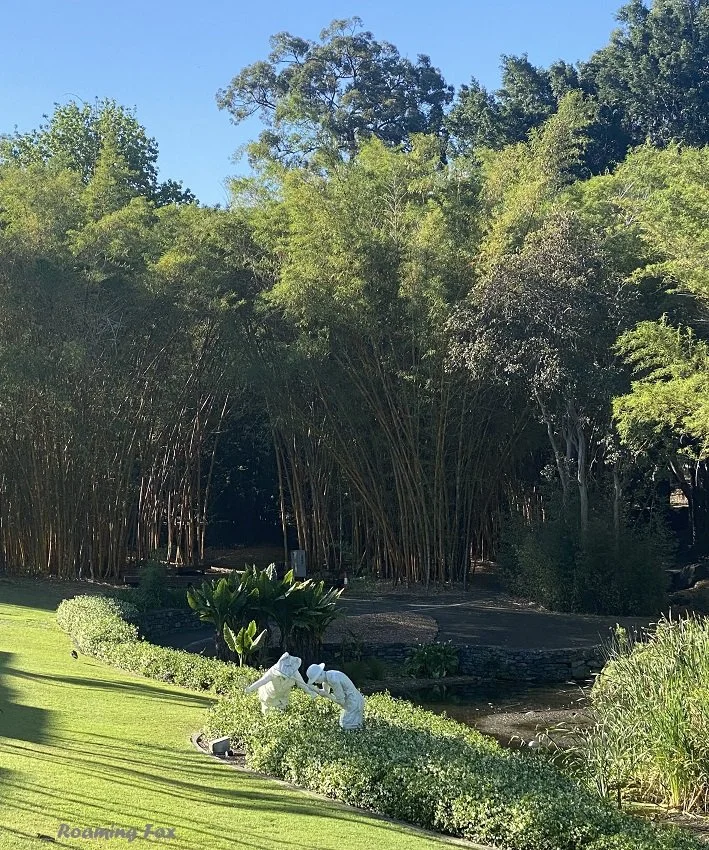
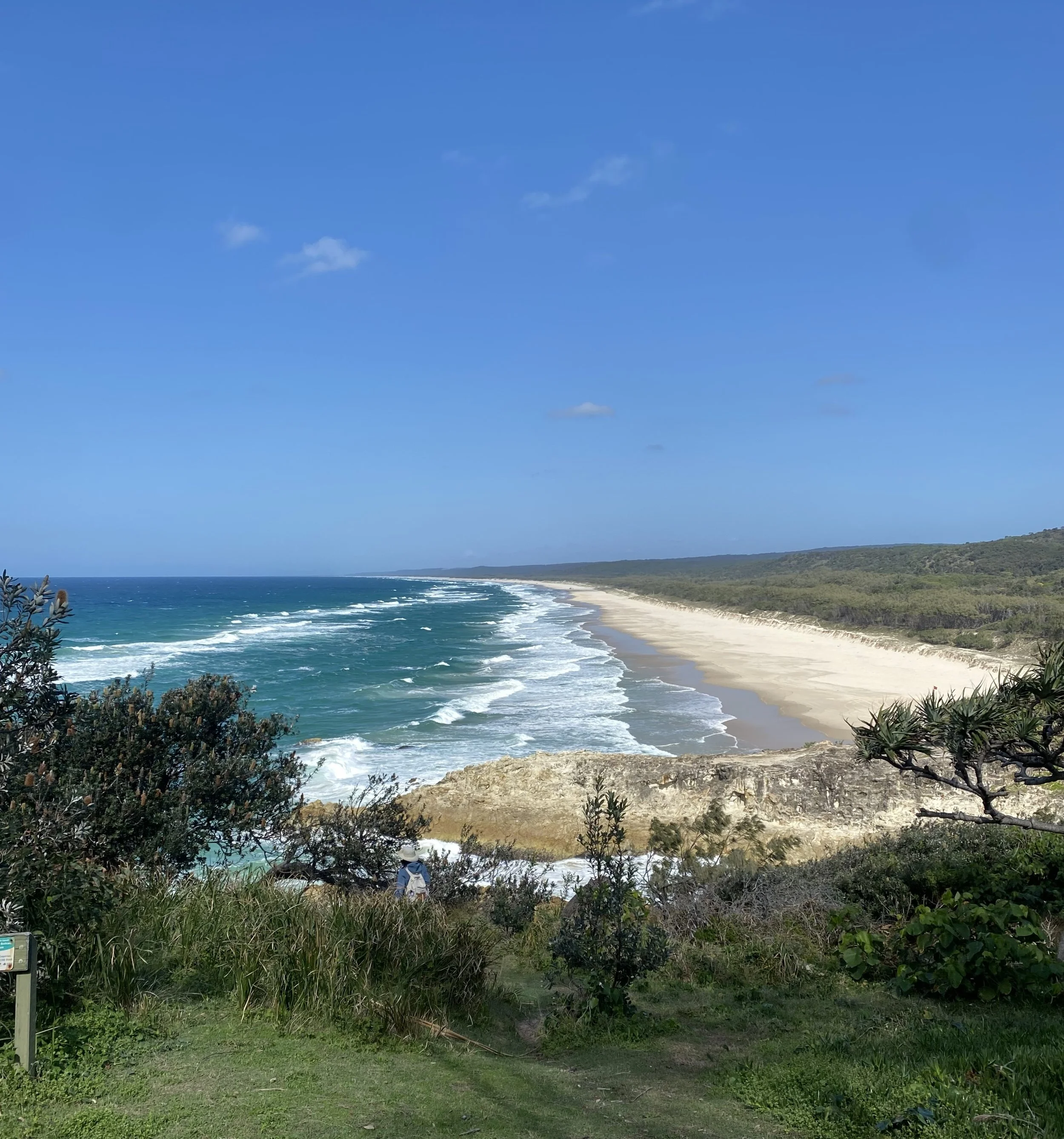
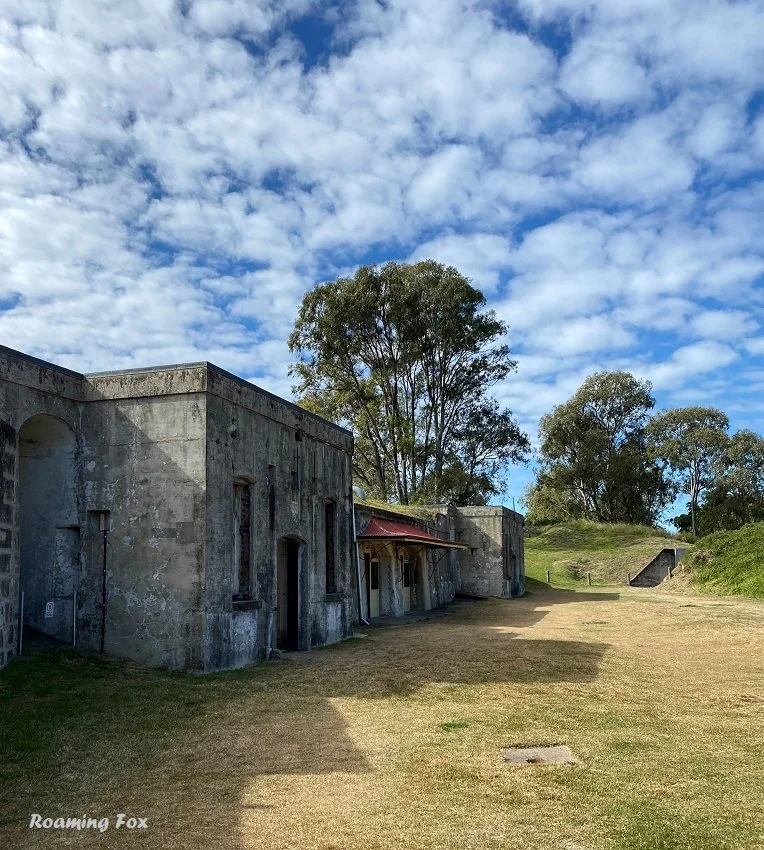
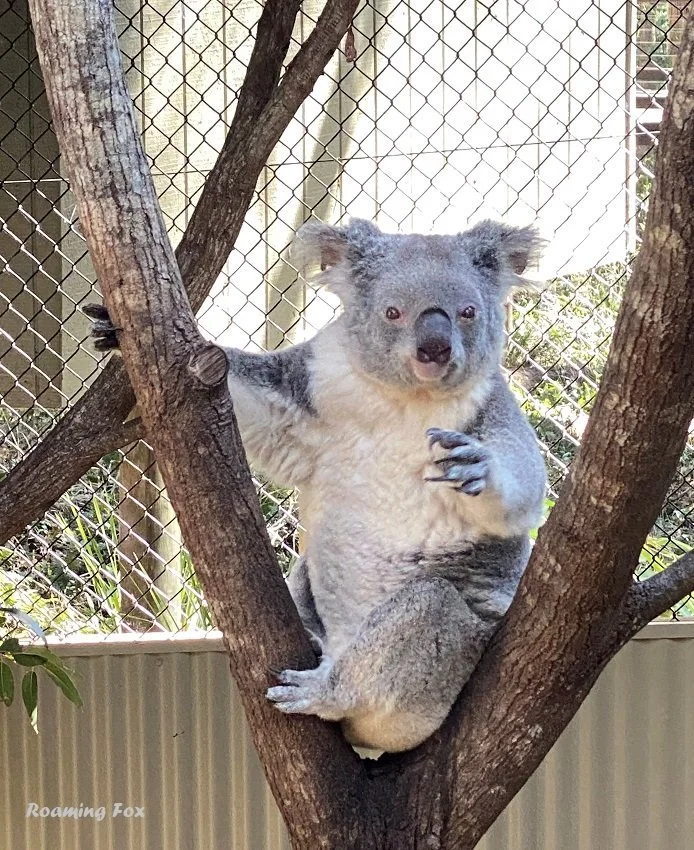
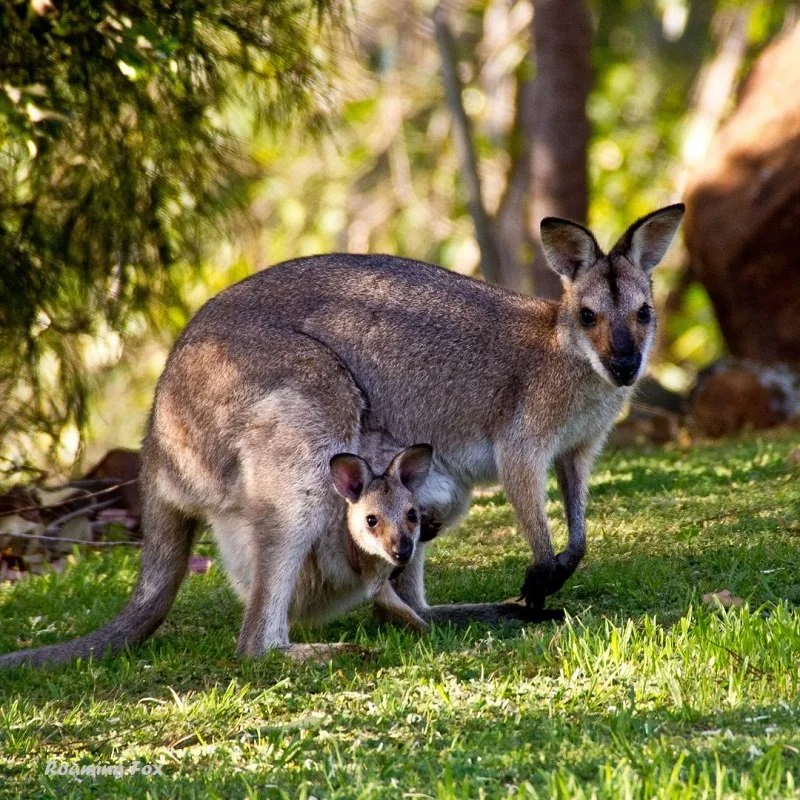





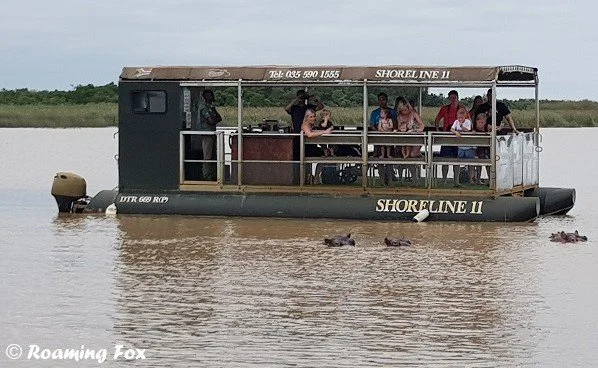

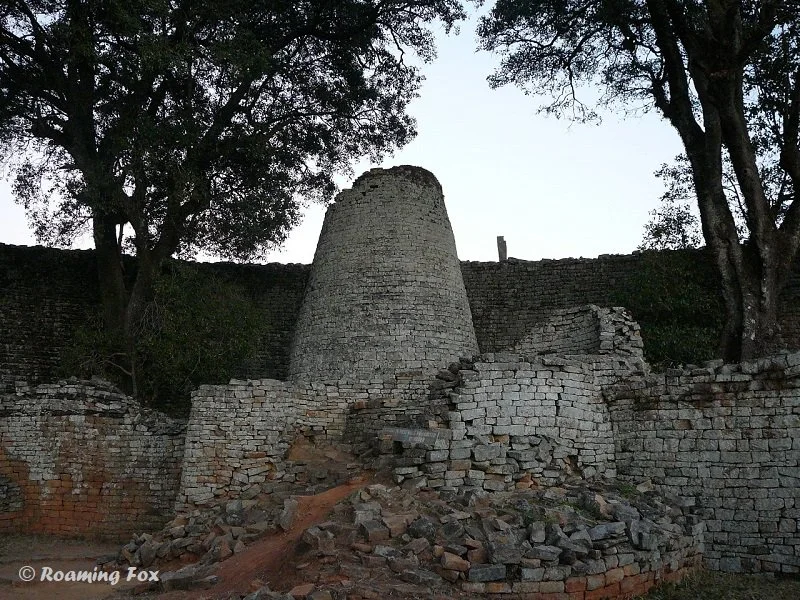

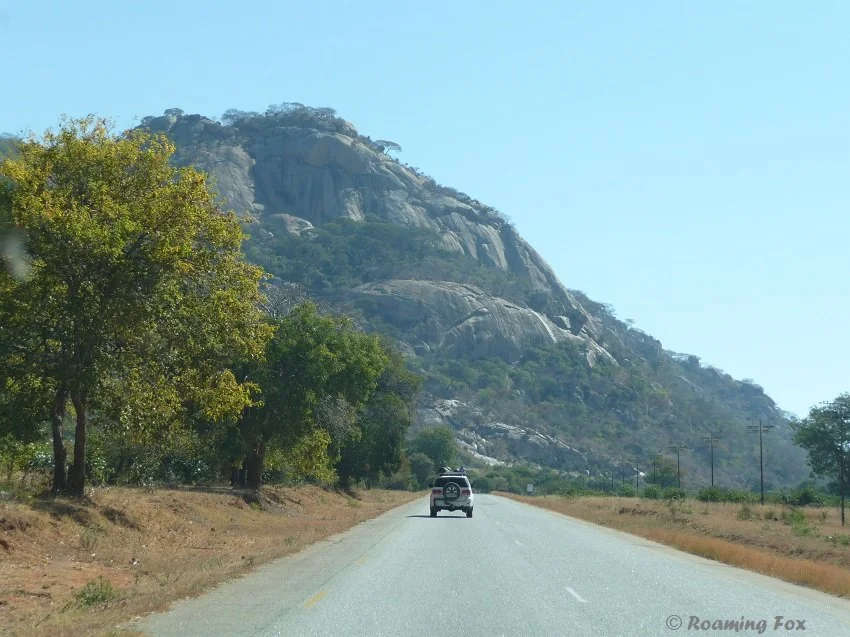
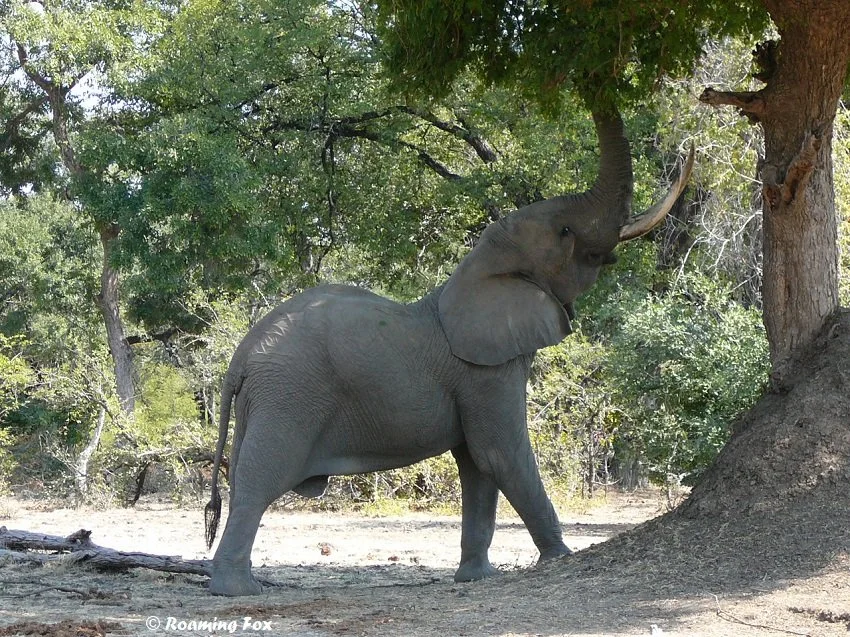
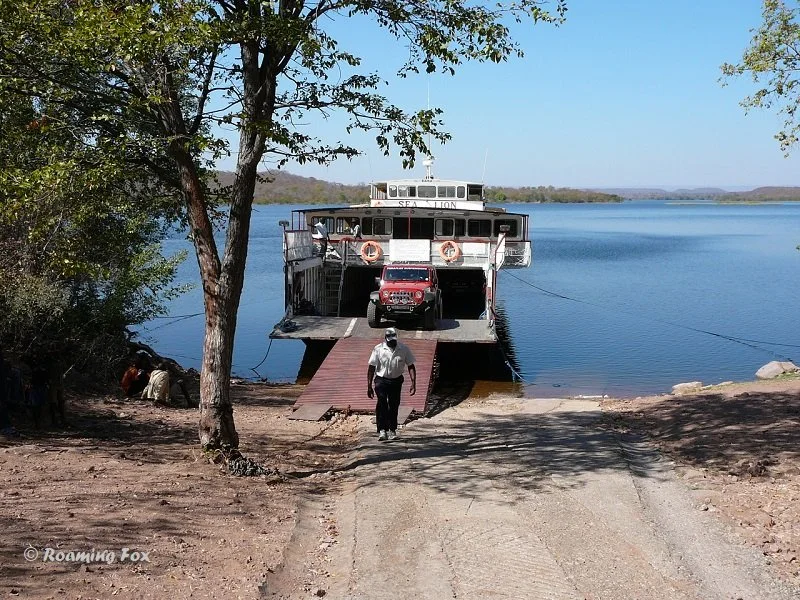


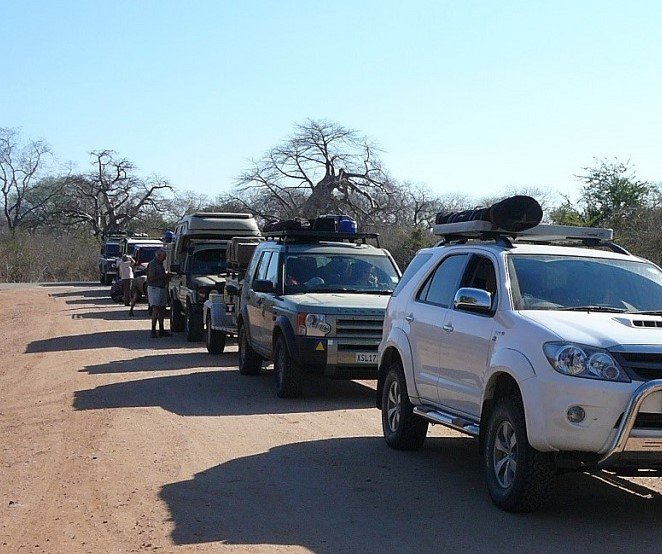
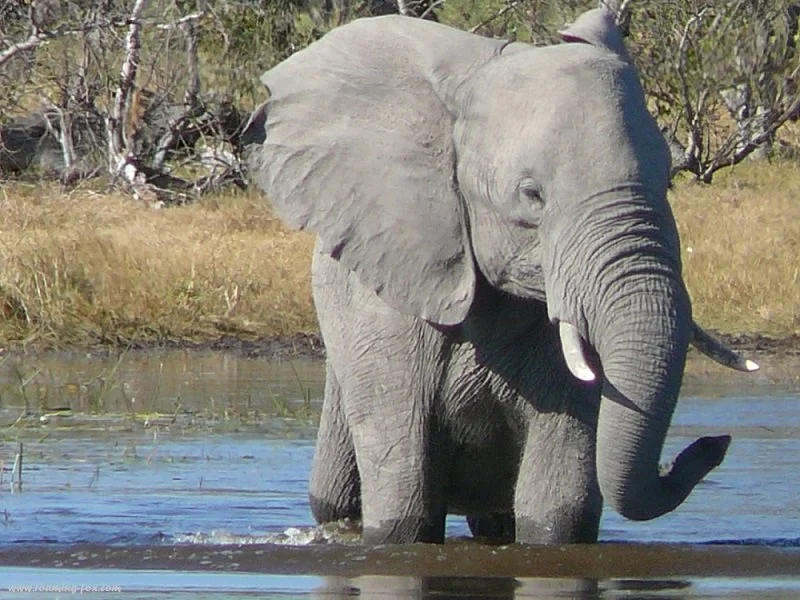

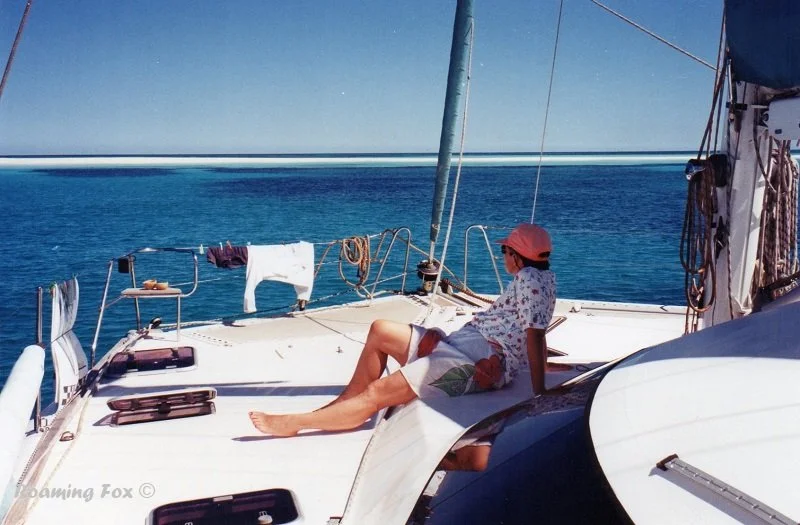

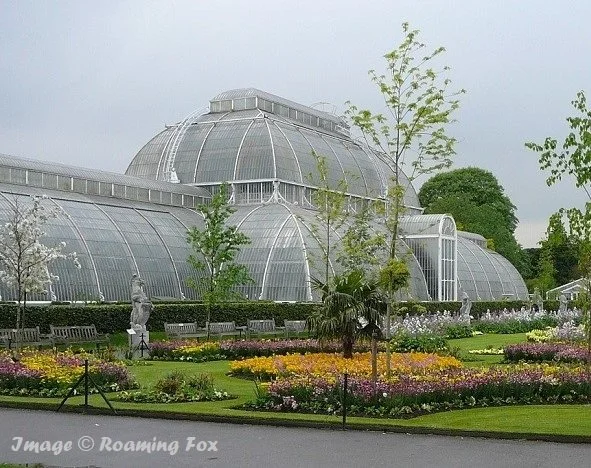



Across the bay from Brisbane lies Moreton Island, home to the Tangalooma Wrecks, a popular snorkel spot for visitors and locals of Southeast Queensland.